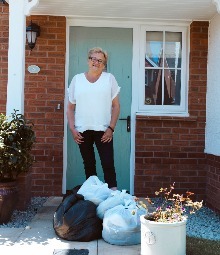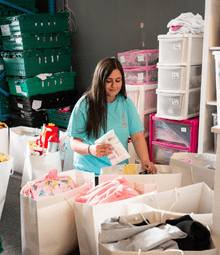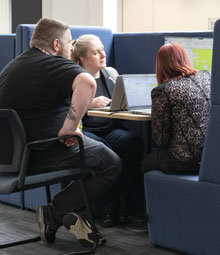This week it’s Recycle Week 2022, so it’s time to celebrate and encourage people to recycle more. This year, the theme is all around challenging the common myths and perceptions around recycling.
At ForHousing, we wanted to share just some of the most common myths around recycling and help to debunk them.
Recycling uses more energy than it saves
This simply isn’t true, and up to 95% less energy is needed to make products from recycled materials. This is because these materials often require less processing time to turn them into something you can use compared to new. Just recycling one aluminium tin could save enough energy to be able to watch TV for four hours!
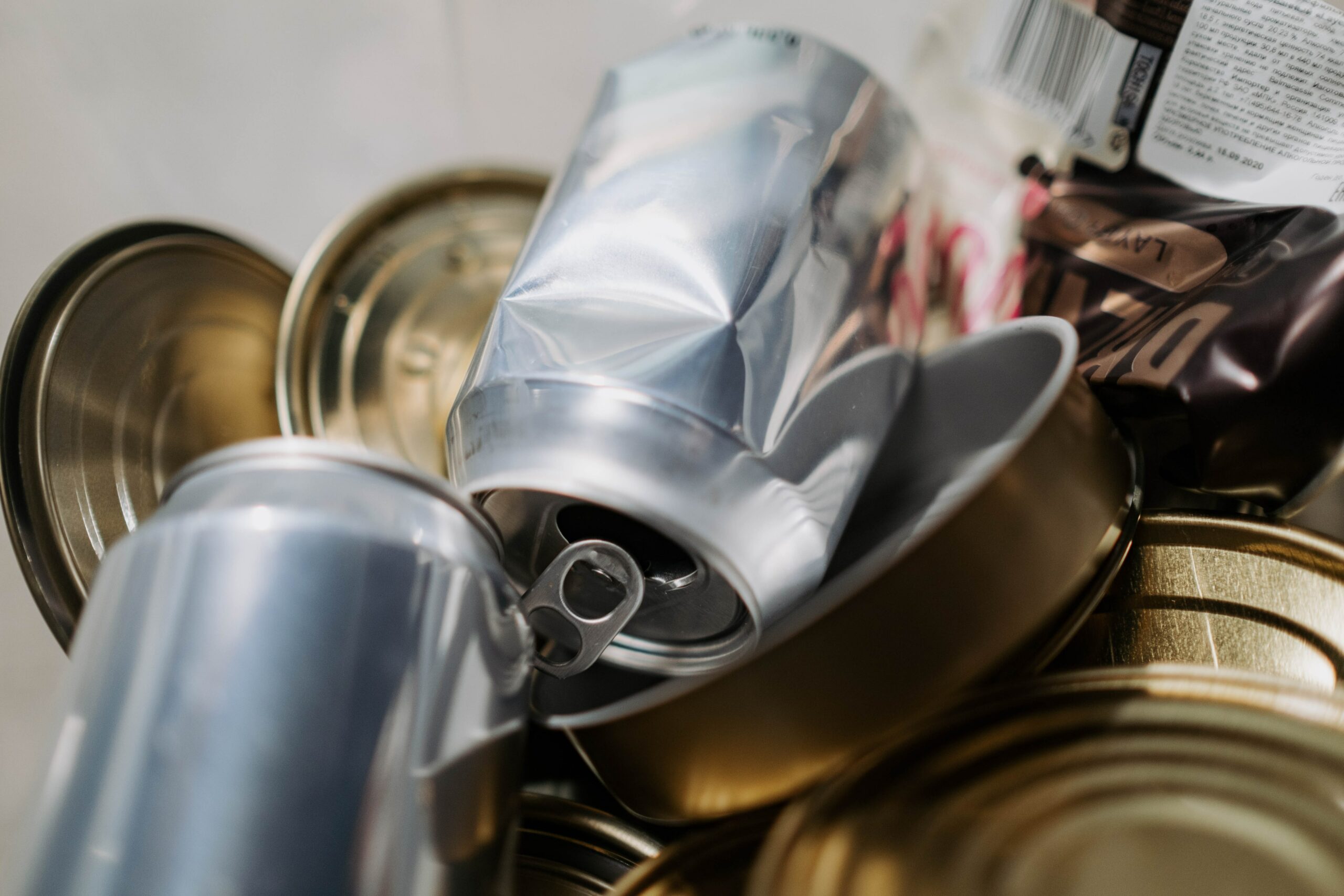
Crisp packets and wrappers are non-recyclable
Crisp packets and food wrappers cannot currently be collected as part of your household recycling in the UK, but that doesn’t mean they can’t be recycled at all. They’re actually just trickier to recycle normally due to the mix of materials used. For example, the shiny foil on the inside of crisp packets is metallised plastic film, which needs to be separated from the plastic outer material during recycling.
If you’re a crisp-a-holic and need to recycle your packets, Walkers have 1,600 public recycling drop-off locations within four miles of most UK households. Here they’ll clean, separate, and shred the materials to be turned into other products.
You could even save up a month’s worth of your crisp packets and then drop them all off together to save yourself multiple trips. Find your nearest drop off point here.
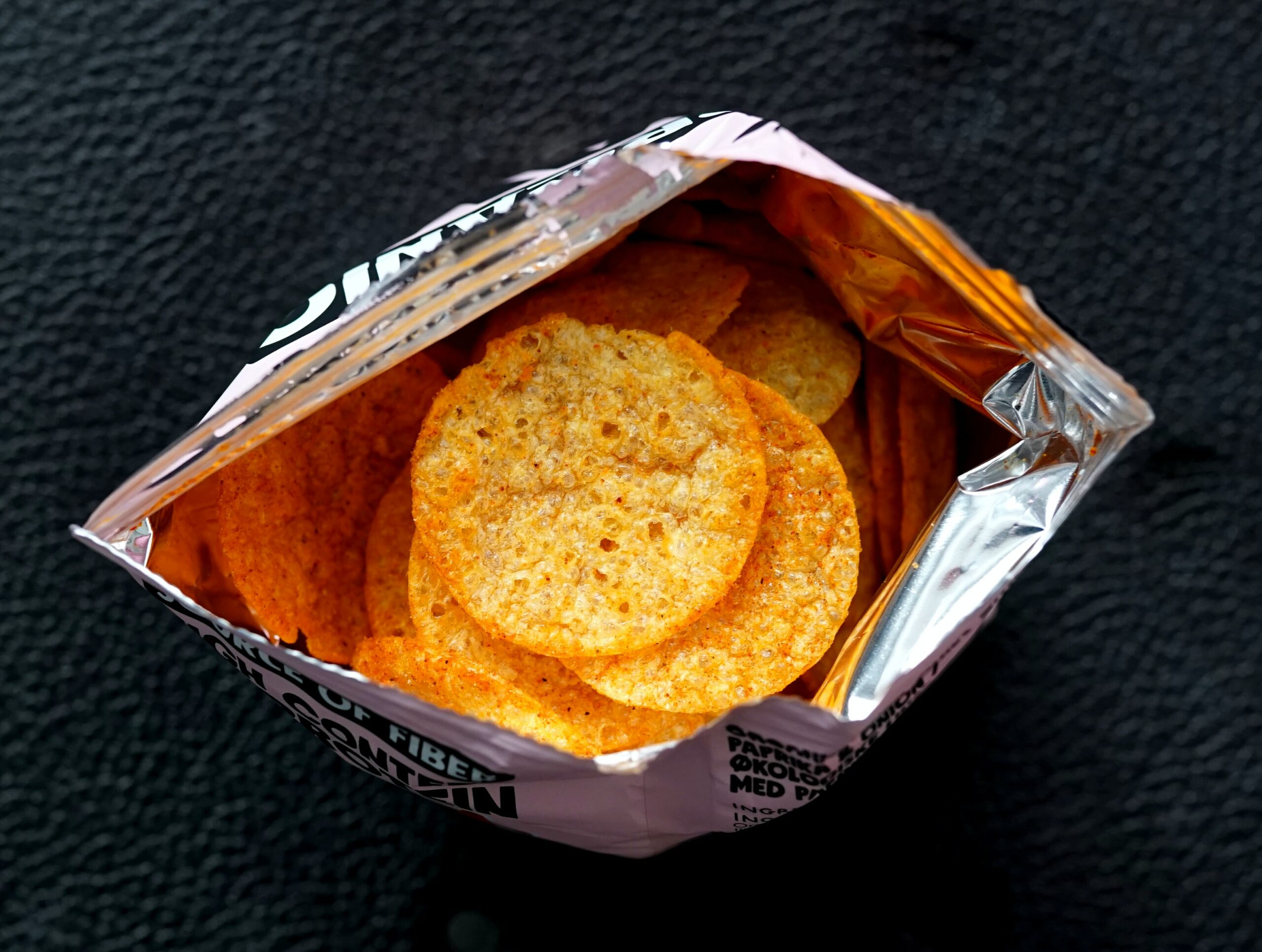
Face masks can’t be recycled
Although face masks are no longer mandatory in the UK, there are still some places that require you to wear one when visiting such as hospitals and some care homes. Sadly, you may have noticed that these single-use masks now seem to litter our streets and green spaces as people throw them away. But they can actually be recycled.
Wilko and Morrisons have launched new schemes where they are collecting the masks, sanitising them, and then turning them into boards for building and furniture. For a list of all the stores participating please visit Wilko and Morrisons.
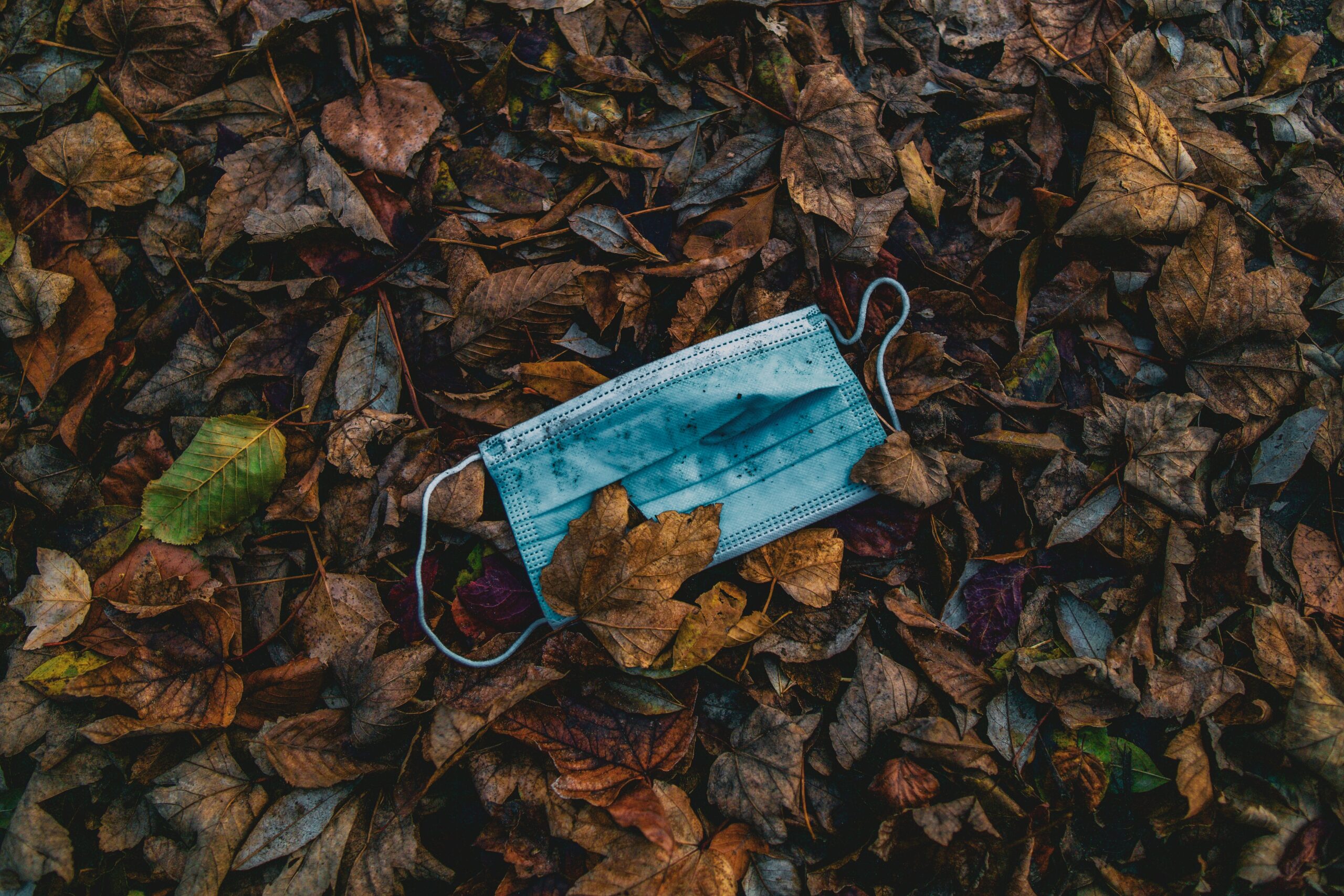
Aerosol cans can’t be recycled
Did you know that aerosol cans can be recycled into mobile phone parts? Most people don’t! In most places in the UK, you can recycle your aerosol cans from products like deodorant and hairspray in your usual recycling bin. Just ensure that the can is completely empty before doing so and remove any other packaging such as lids.
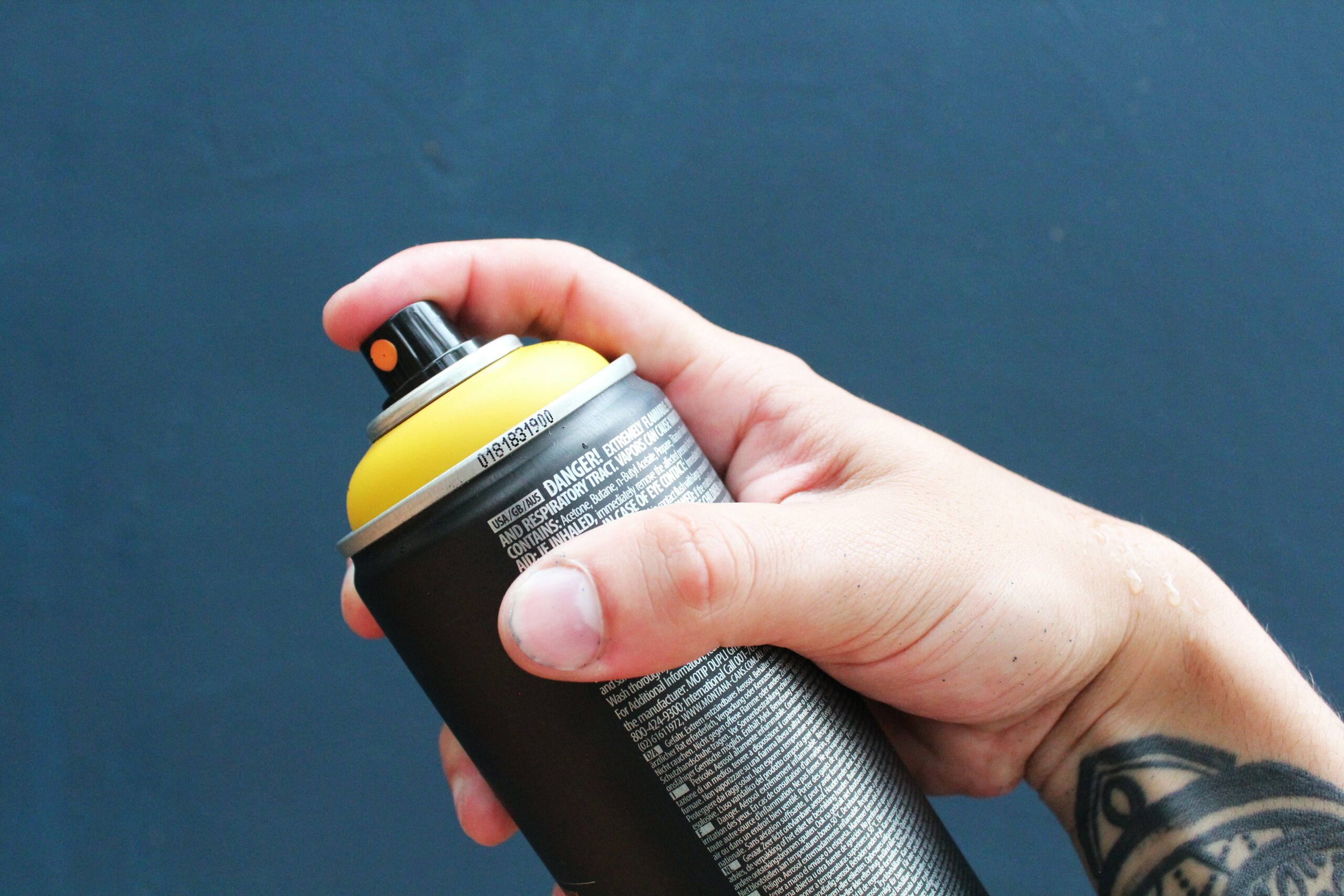
Paper is greener than plastic
It’s common for people to think that paper is a better option than plastic, however, both have their downsides. Although paper is made from trees which is a renewable energy source, the manufacturing process emits 3.5 times more greenhouse gases than plastic. However, we know that plastic can be damaging to wildlife and cannot bio-degrade.
At home you can try to combat this by re-using both plastic and paper shopping bags as much as you can before they break. Once they have reached the end of their life, you can recycle your plastic bags at most supermarkets, and paper bags can be popped in your regular recycling bin.

Dirty recycling is still valuable
Sadly, this isn’t the case. Including dirty recycling in your bin can risk contaminating the whole load.
It’s always worth washing out any empty pots, cartons, tubs, or tins before putting them in your bin. There are certain things though that may not be possible to clean though such as takeaway pizza boxes. With these, it’s better to put them in your normal bin rather than risk contamination of your other items.
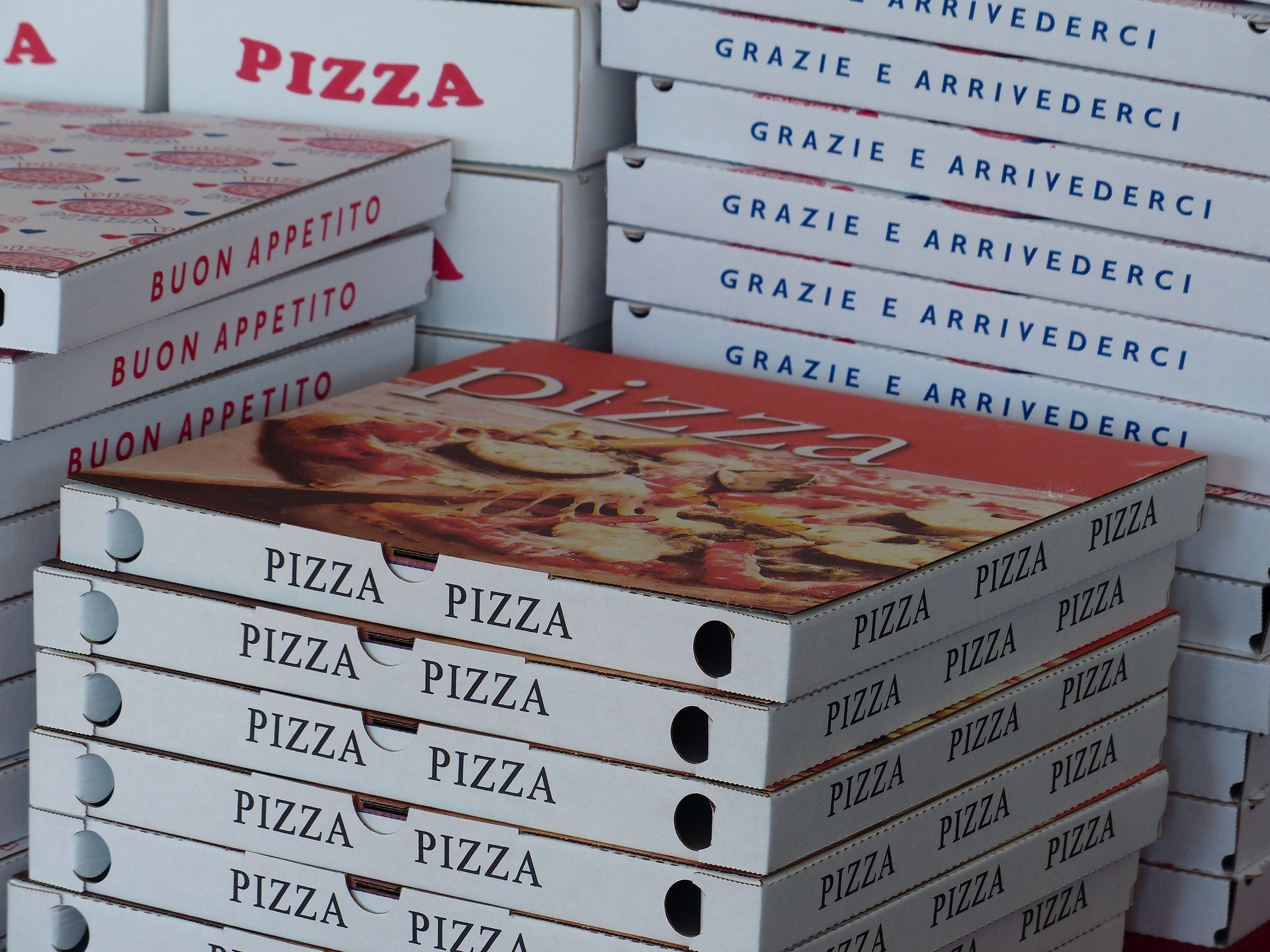
Recycling plastic takes the problem away
We wish this was true! Choosing to recycle plastic definitely helps, however, every time plastic is recycled the quality of it reduces. Because of this, plastic which has been recycled multiple times can only be used if new plastic has been added to it.
Of course, it’s unrealistic to cut plastic completely from your life, but you can do your bit by trying not to use single-use plastic and carry-on recycling where you can.
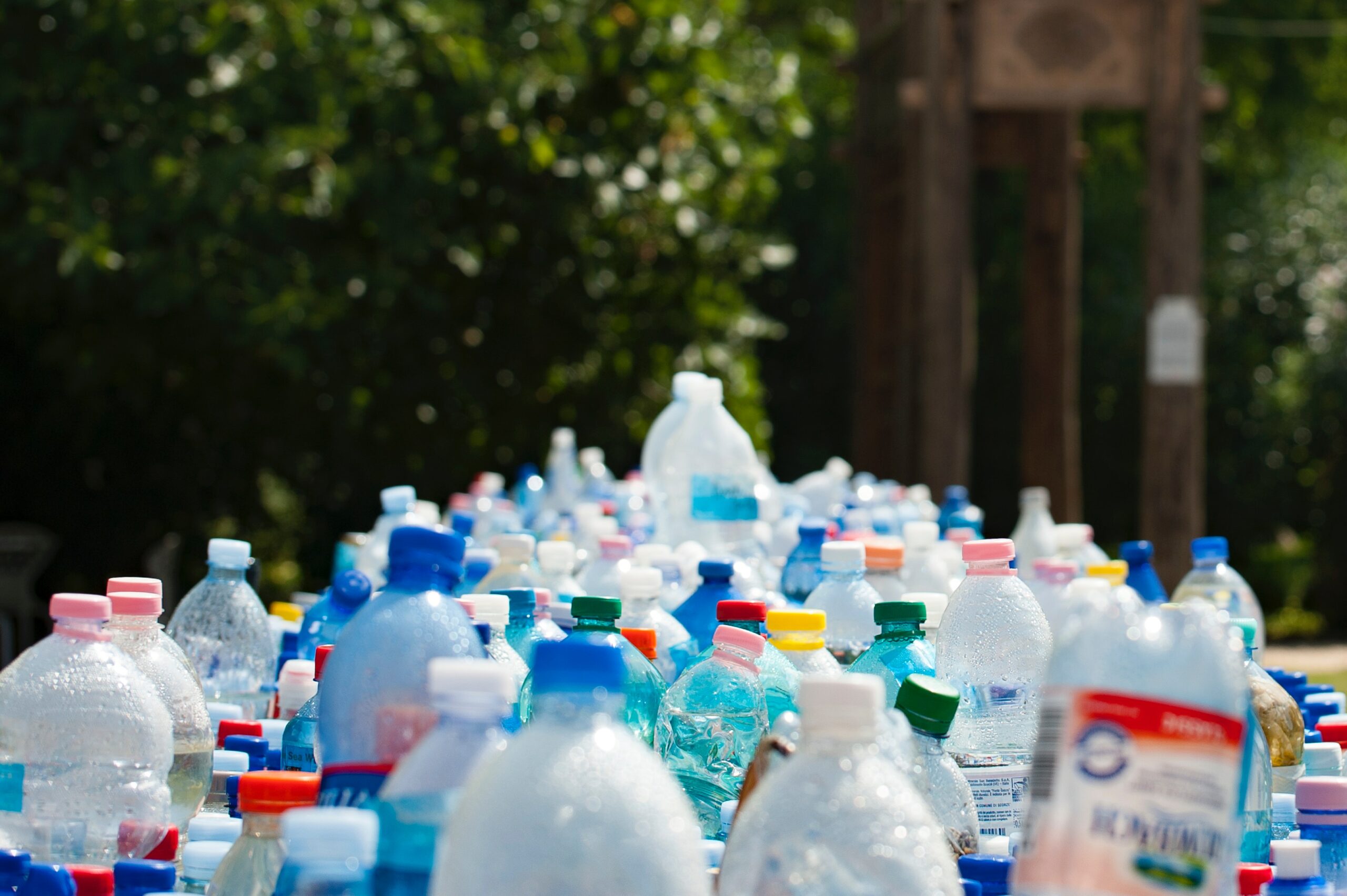
Are you surprised by some of these myths about recycling? Try saving and remembering them the next time you’re preparing your recycling for collection.
For more tips about recycling, the environment and eco-friendly living follow us on social media @ForHousing.
Latest News
05/12/2022






